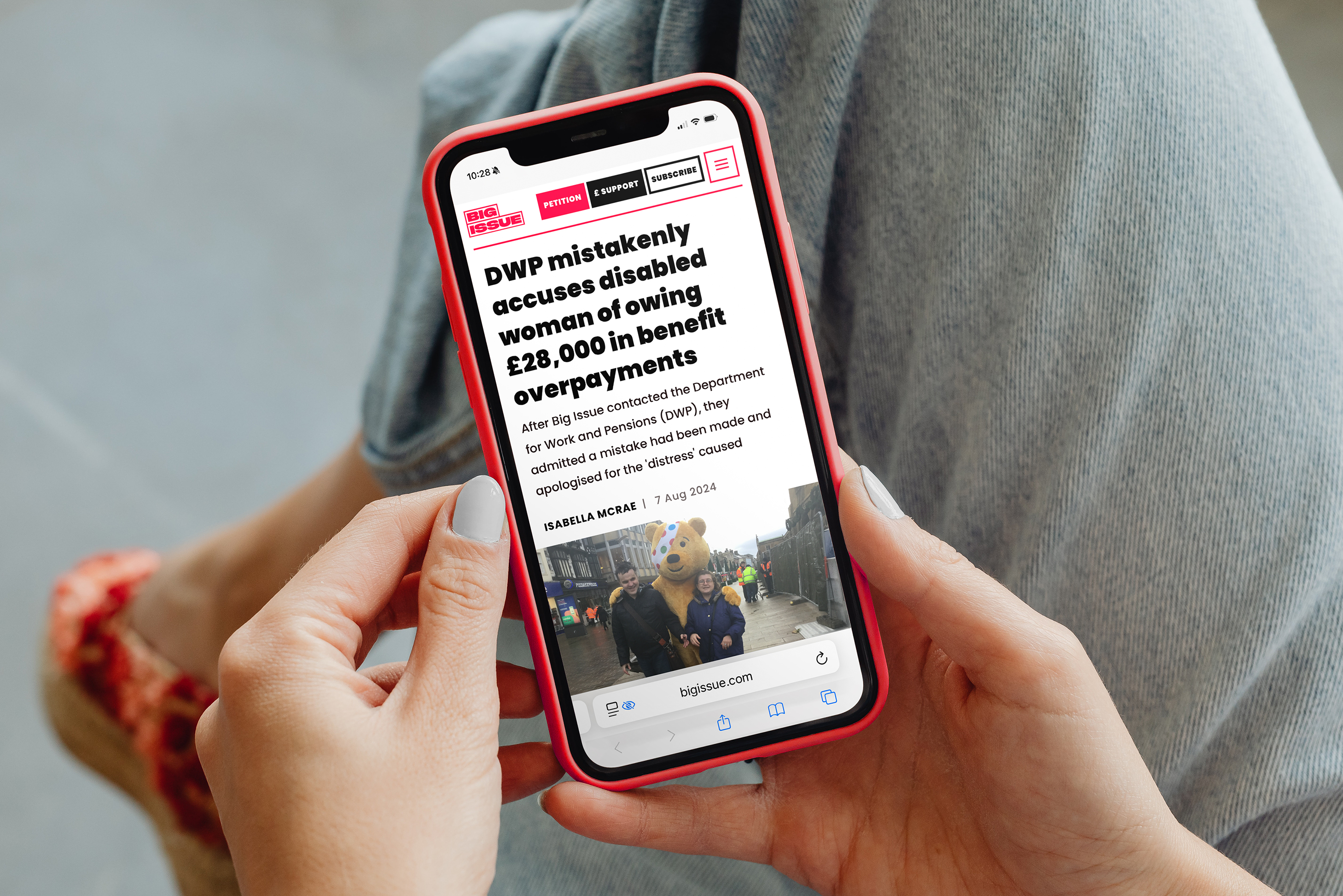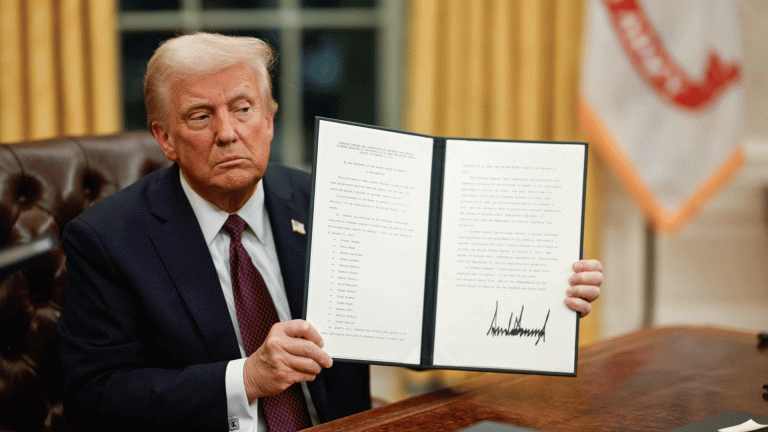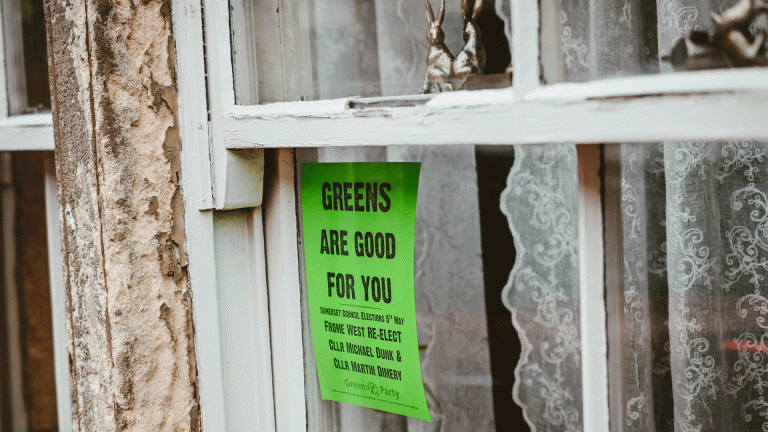But can this be a winning political strategy?
Sometimes, it is. After all, Johnson’s hard Brexit gamble gave him a massive majority in parliament in 2019. Denmark’s centre-left PM Mette Frederiksen won a resounding victory against the far right in 2022 while implementing a “zero asylum seeker” policy. And Nicolas Sarkozy crushed Le Pen’s party to become president in 2007 by talking tough on migration.
Sometimes, it isn’t. Neither Sarkozy nor Johnson managed to stay in power, and both of their parties collapsed in subsequent elections.
Keir Starmer’s hope is that voters to the left of Labour may be tempted by the Greens or other left alternatives but think strategically in a general election and vote for a Labour MP. In the short run, talking and acting tough on migration is a bet that the gains will be higher than the losses.
However, in the longer run, voters do not have fixed ideas.
For instance, you may think that the Brexit vote could be explained by economic factors, or different policy preferences. But newspaper coverage also had a big influence on people’s minds: research shows that areas where voters boycotted The Sun over its Hillsborough coverage voted less for Brexit than politically similar areas with different football loyalties.
Advertising helps fund Big Issue’s mission to end poverty
Social media, and how it is presented to us, also matters. In the 2016 US election, when CNN showed (and mocked) a Trump tweet to their audience, it made them less likely to vote for him. When Fox News showed (and praised) one, they were more likely to do so.
We also try to understand what the social norm around us is: no one wants to be perceived as an extremist. Research shows for instance that when voters learn that their local area had a high Brexit vote share, they feel more comfortable expressing anti-migrant sentiments.
Farage’s ideas gain traction not only because of their repetition in the media but because voters, guided by the media and local norms, come to perceive them as valid. And since we also base our opinions on what politicians tell us, it makes complete sense for voters to infer that his points are correct when centrist parties repeat them.
This makes the job of someone like Farage an easy one.
Less than a third of voters now think, in hindsight, Brexit was a good idea. Around two-thirds dislike Farage’s American alter ego Donald Trump. Yet, Farage is unscathed by the unpopularity of the things he stood for. No one holds him accountable for Brexit, Trump or the failed policies he inspired.
He can stay on the sidelines for years, doing reality shows, earning millions on side hustles as a TV host or social media influencer, or advertising gold as part of a tax avoidance scheme. It does not matter if his political parties implode one after the other or if the people around him are incompetent. More and more voters will conclude that he must somehow be right if everyone else keeps trying to copy him. After years of chasing Farage’s political wins, mainstream parties may soon find themselves chasing him all the way to Downing Street.
Advertising helps fund Big Issue’s mission to end poverty
Dr Renaud Foucart is a senior lecturer in the department of economics at Lancaster University.
Promises are easy to break. Sign Big Issue’s petition for a Poverty Zero law and help us make tackling poverty a legal requirement, not just a policy priority.
Do you have a story to tell or opinions to share about this? Get in touch and tell us more. Big Issue exists to give homeless and marginalised people the opportunity to earn an income. To support our work buy a copy of the magazine or get the app from the App Store or Google Play









